150 years in New South Wales Celebration
August 5, 2022Celebrating 150 years of the arrival of the Sisters of Saint Joseph in NSW was a blessed event indeed.
The actual date was 16 July 1872 when Teresa McDonald, Hyacinth Quinlan, Joseph Dwyer and Ada Braham arrived in Perthville, near the NSW town of Bathurst.
Their memory was cherished as about 80 sisters from across the Sisters of Saint Joseph of the Scared Heart and Sisters of St Joseph Lochinvar congregations arrived for the Mass in the Cathedral of St Michael and St John in Bathurst on the same day – 16 July 2022.
World Day Against Trafficking in Persons 2022
July 29, 2022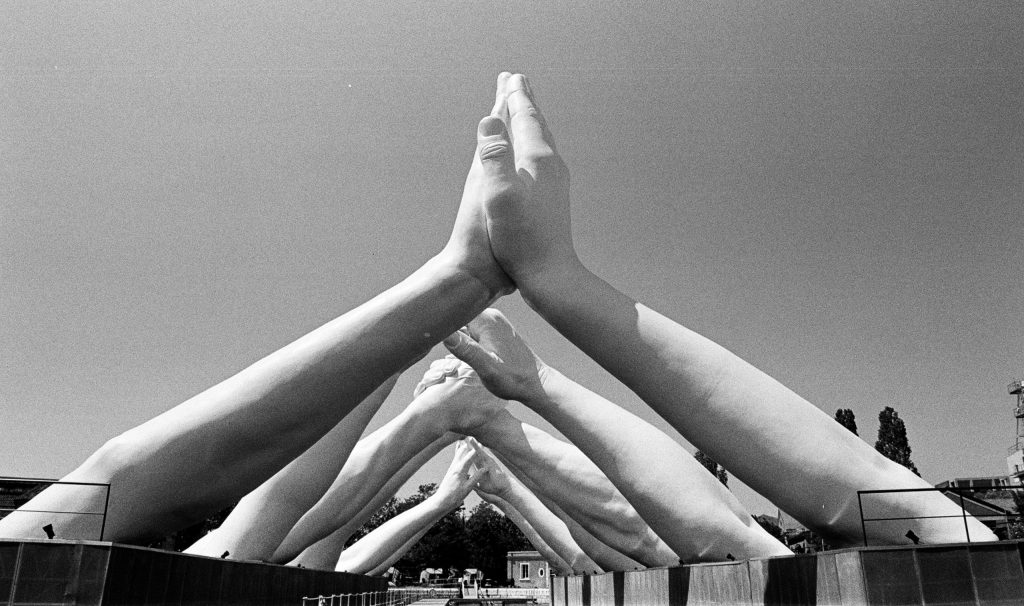
There are more slaves in the world today than in any other time in human history. (ABC Perth)
The United Nations marks World Day Against Trafficking in Persons on 30 July annually.
Vulnerable people all over the world are lured by traffickers with promises of jobs, safety and security. In 2017, Walk Free, International Labour Organisation (ILO) and International Organisation for Migration (IOM) developed the Global Estimates of Modern Slavery. It is estimated that presently 40.3 million people are victims of modern slavery. Women and girls make up 71% of victims, mainly from Africa, Asia and the Pacific region.
International Day of Friendship
July 22, 2022
I believe friendships enrich your life and is one of the best gifts anyone can receive.
Some of my favourite memories are with my friends. Such as the times we would spend hours catching up as there was so much to share about our lives.
Personally, my friends add value, perspective, support, and love to my life. They also embrace who I am and encourage me to be myself.
Commemorating the International Day of Friendship (30 July), gives us the opportunity to reflect on and show gratitude for our friendships.
Looking forward to the next 150 years at Perthville
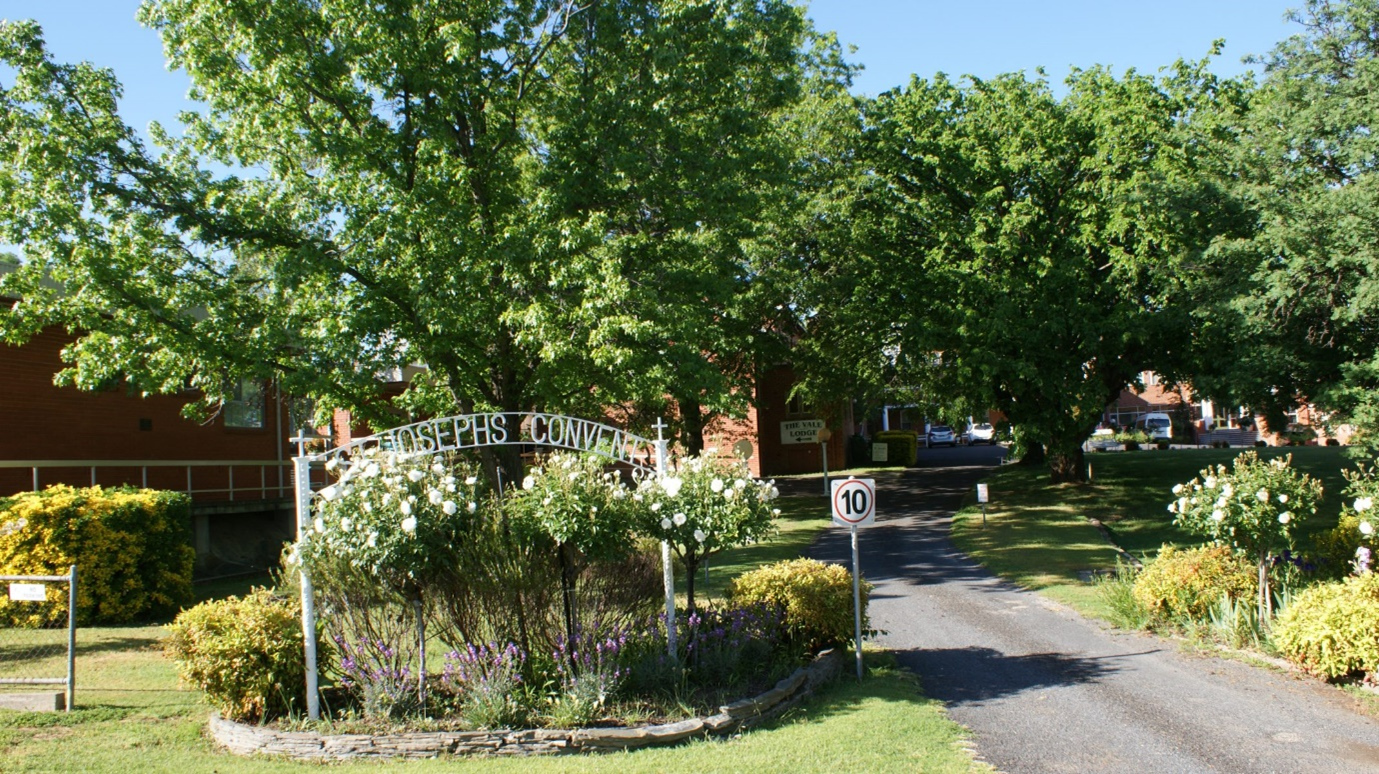
The Sisters of Saint Joseph marked the 150th anniversary of when the first Sisters of Saint Joseph arrived in Perthville to begin ministry in New South Wales on 16 July 2022.
The first community of sisters, Teresa MacDonald, Joseph Dwyer and Hyacinth Quinlan, and an enquirer, Ada Braham, arrived at Perthville near Bathurst at the invitation of Bishop Matthew Quinn on 16 July 1872.
Both St Mary MacKillop and Father Julian Tenison Woods (founders of the Congregation of the Sisters of Saint Joseph) spent time with the sisters on this site.
Plenary Council Australia – A Reflection
The conclusion of the Second Assembly of the Plenary Council journey, was celebrated with Eucharist at St Mary’s Cathedral in Sydney on Saturday 9 July 2022.
The 270 members who participated in this week-long event, left with hope-filled hearts knowing that they have been part of a historic moment in the life of the Church in Australia. Others joined in this week through livestream or followed social media events such as Plenary Tracker and Plenary Matters. Most importantly were the thousands of people who supported the members through prayer.
Julian Tenison Woods – 150 Years On!
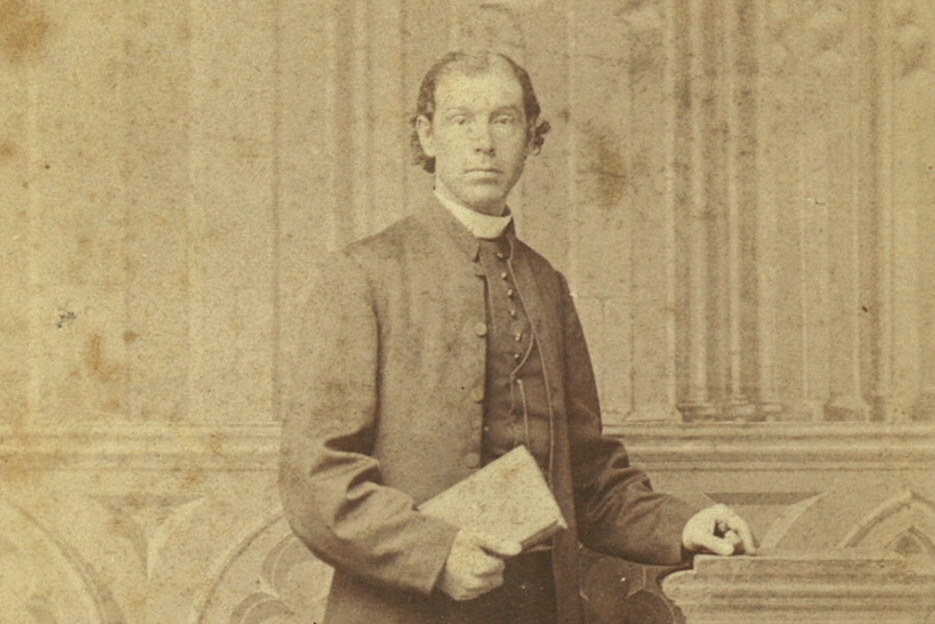
On 16 July 2022, the Sisters of Saint Joseph celebrated 150 years of the Congregation’s presence in New South Wales since their arrival in Perthville in 1872.
What would it be like for Fr Julian Tenison Woods to speak to us in this year of sesquicentenary?
150 years on, this is what I imagine he might say:
Celebrating Our Wisdom People
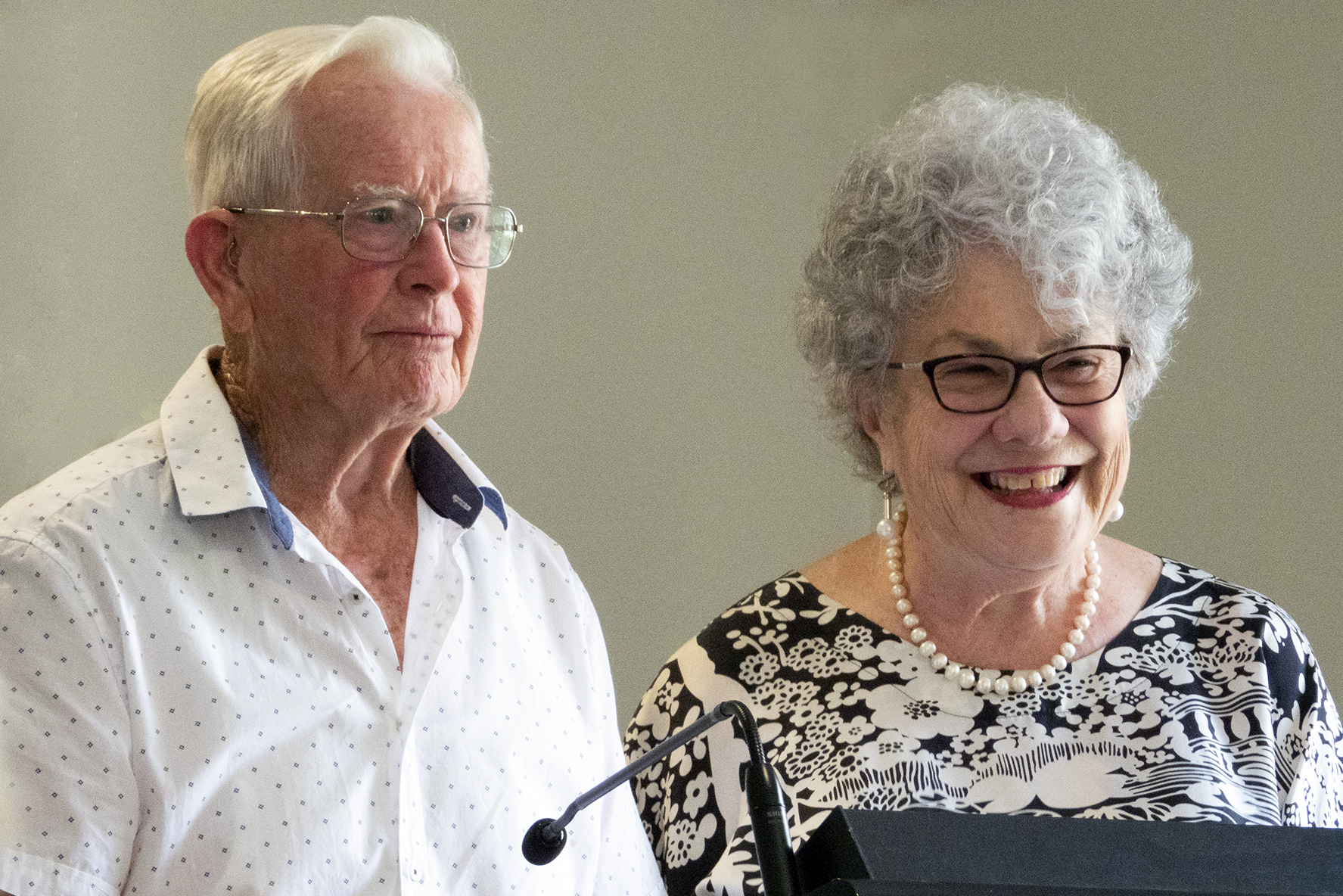
As Pope Francis requested, we celebrate the World Day for Grandparents and the Elderly on 24 July to coincide with the feast of Saints Joachim and Anne on 26 July.
To honour this day, I would suggest that we light three candles. I happily share with you the three candles that would top my list.
Celebrating 150 years in NSW
July 13, 2022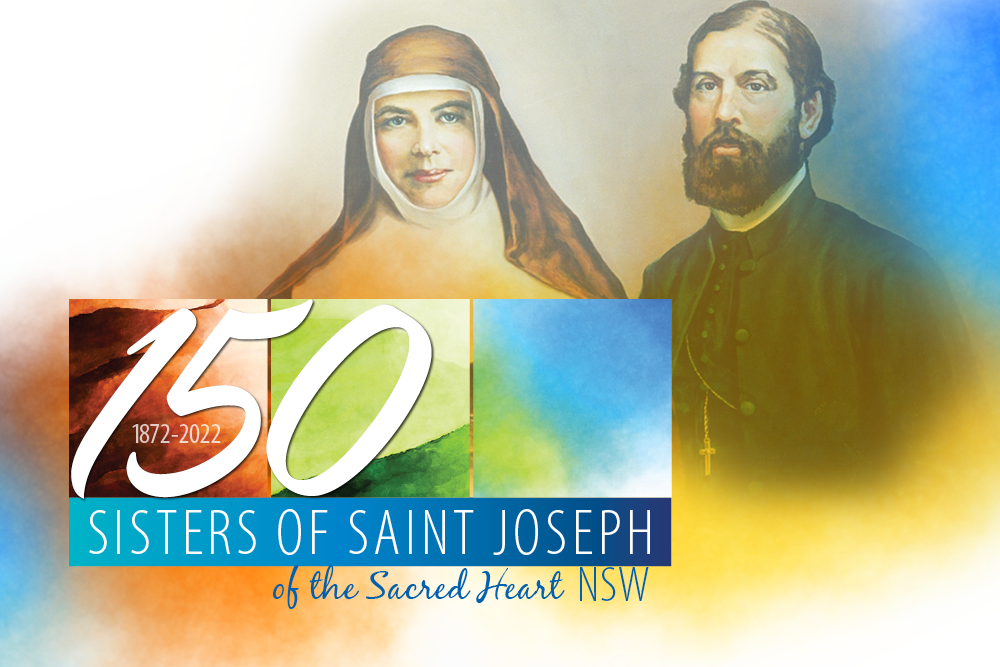
The Sisters of Saint Joseph celebrate 150 years of the Congregation’s presence in NSW since their arrival in Perthville on 16 July 1872.
The Congregation of the Sisters of Saint Joseph, was founded by Mary MacKillop and Father Julian Tenison Woods in 1866 in Penola, South Australia. Its first ministry was the opening of a school for the children of that small distant town.
